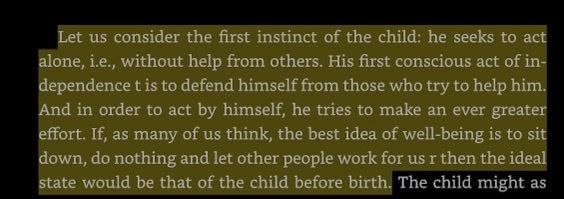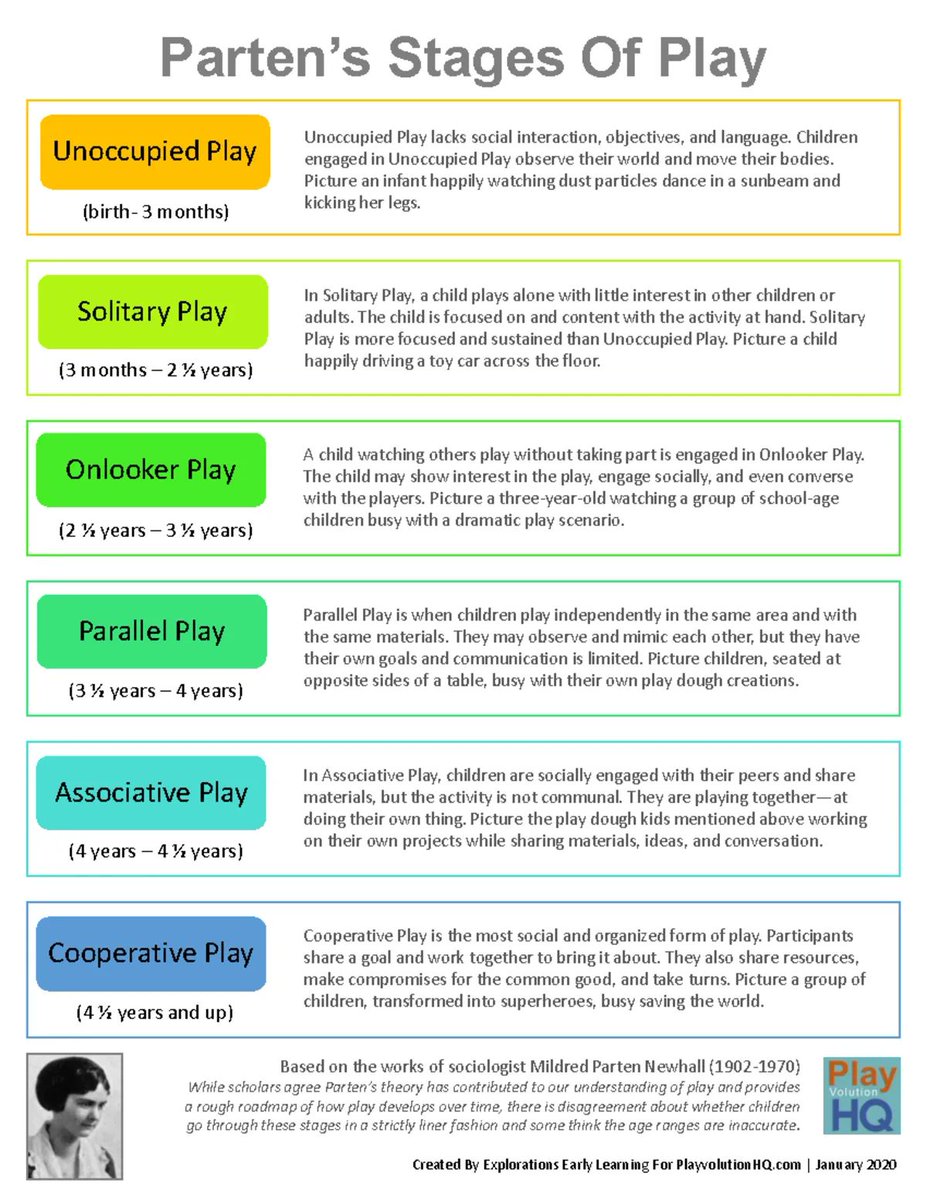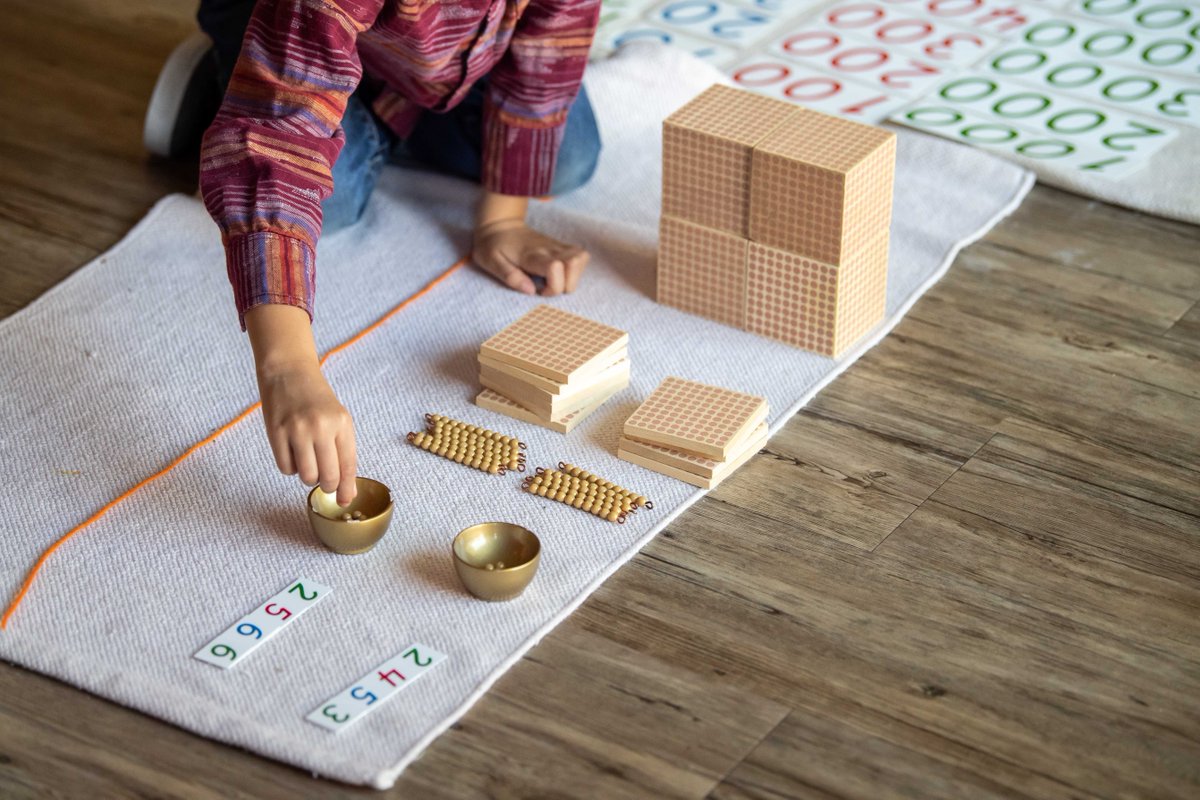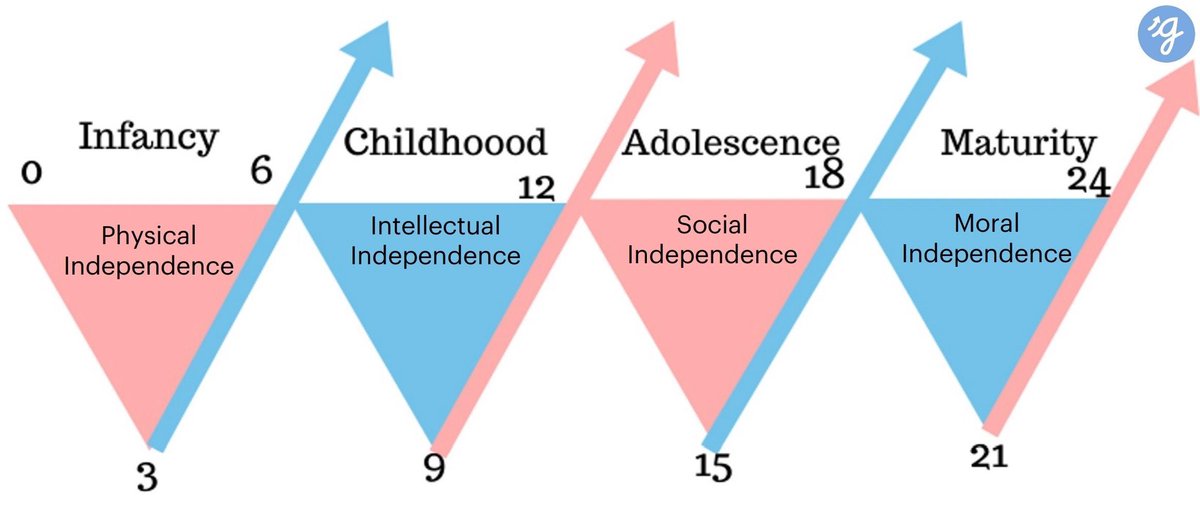
How to get URL link on X (Twitter) App



https://twitter.com/_samantha_joy/status/1877433347695092204When our kids were first told about my existence, before we met, they were scared.

 1. The activity requires a precise set of steps:
1. The activity requires a precise set of steps:








 Though it seems obvious today that babies, for example, are learning all the time,
Though it seems obvious today that babies, for example, are learning all the time,
https://twitter.com/Komaniecki_R/status/1766989132935639269There's a ton of nuance to *how* you say no that I think is really important. I don't know the context here, so I can't evaluate.



